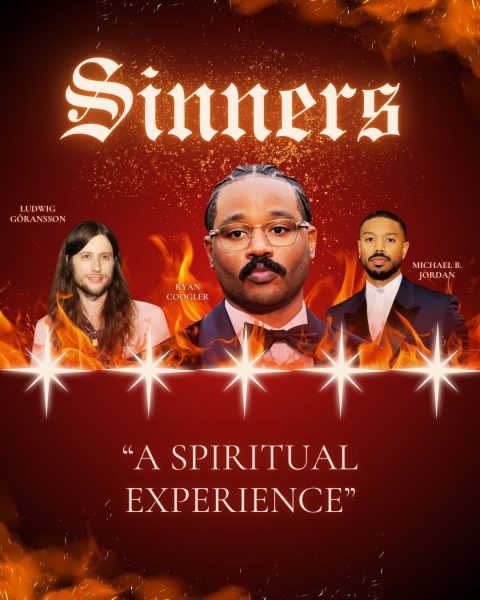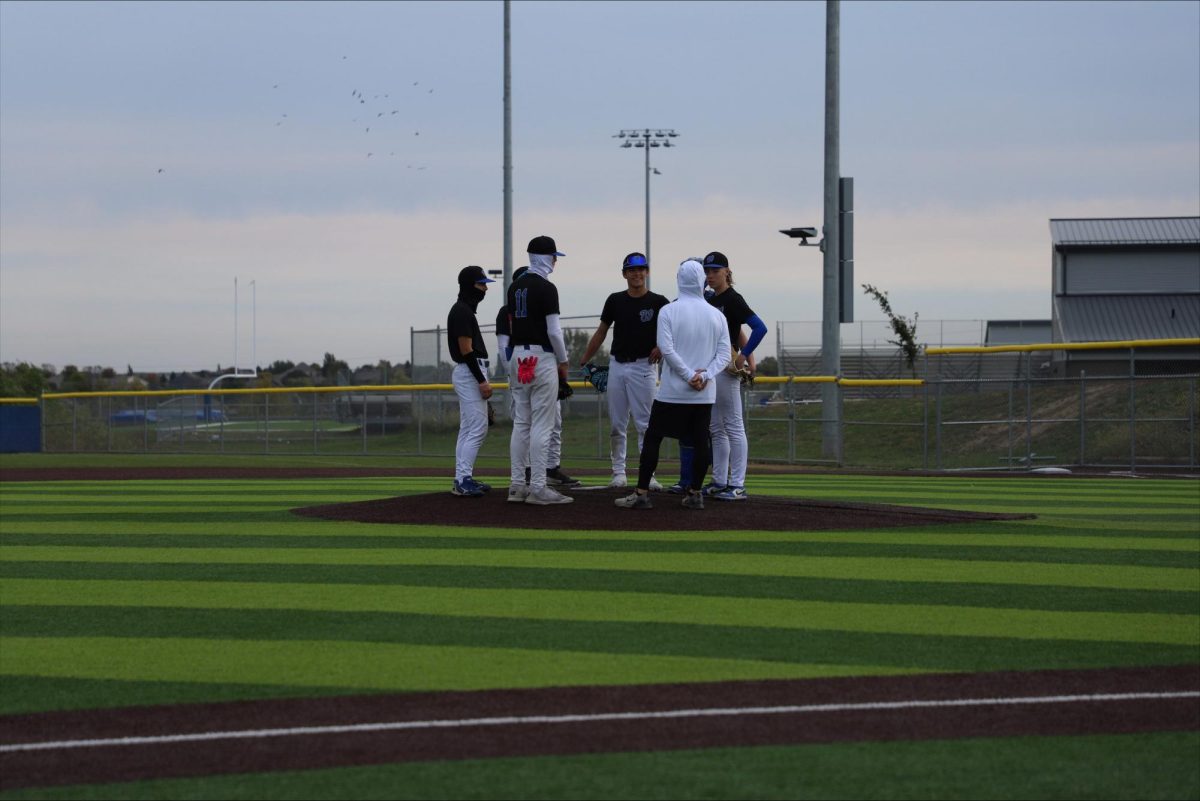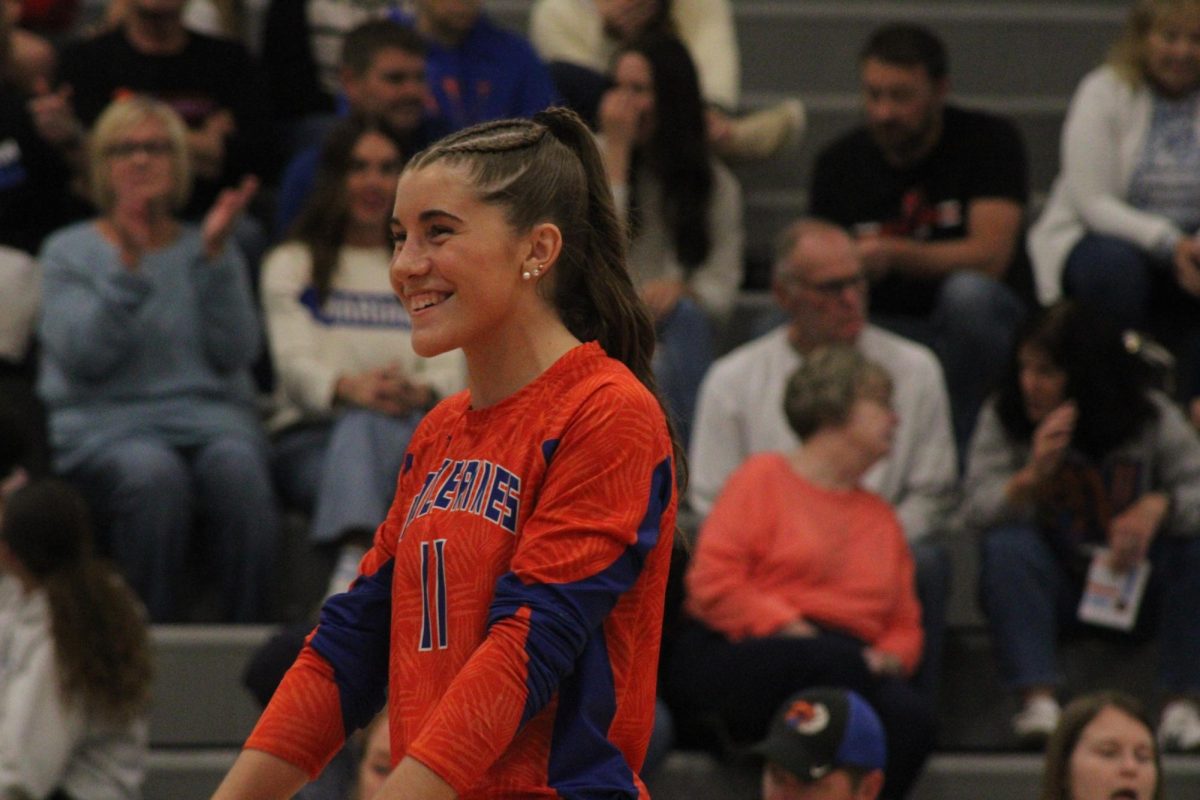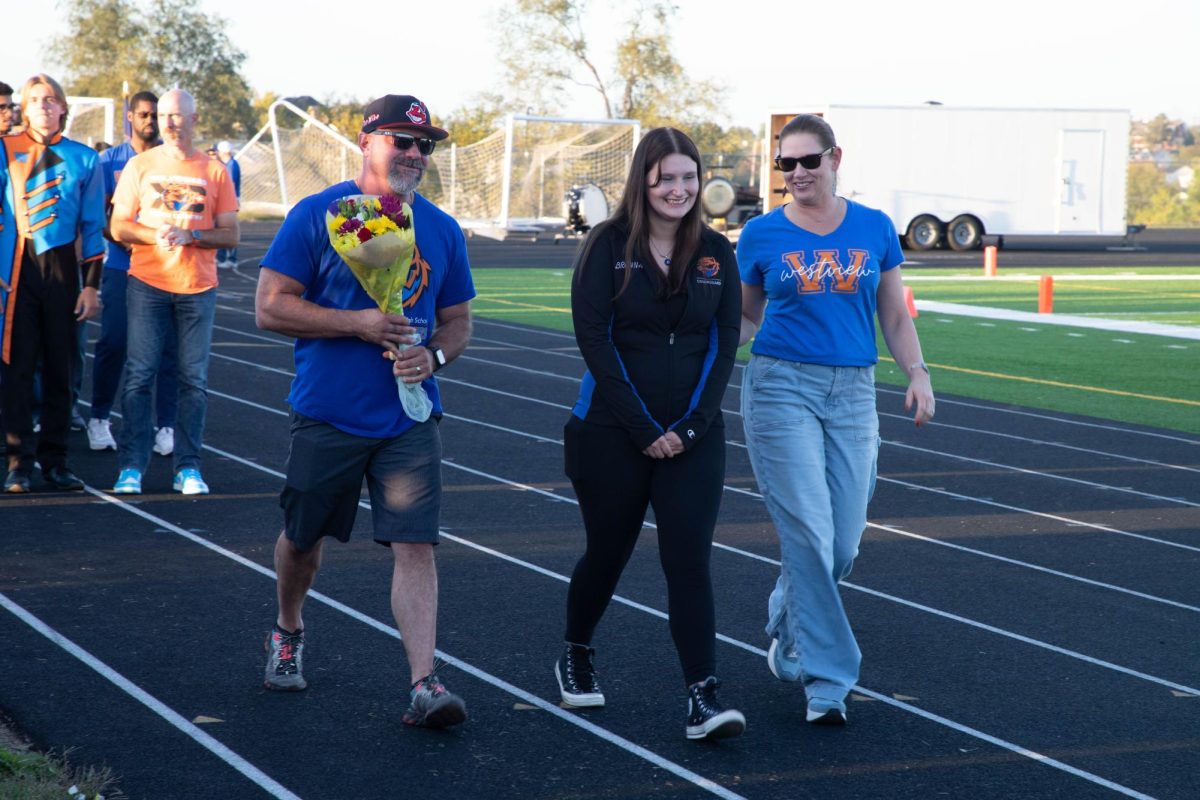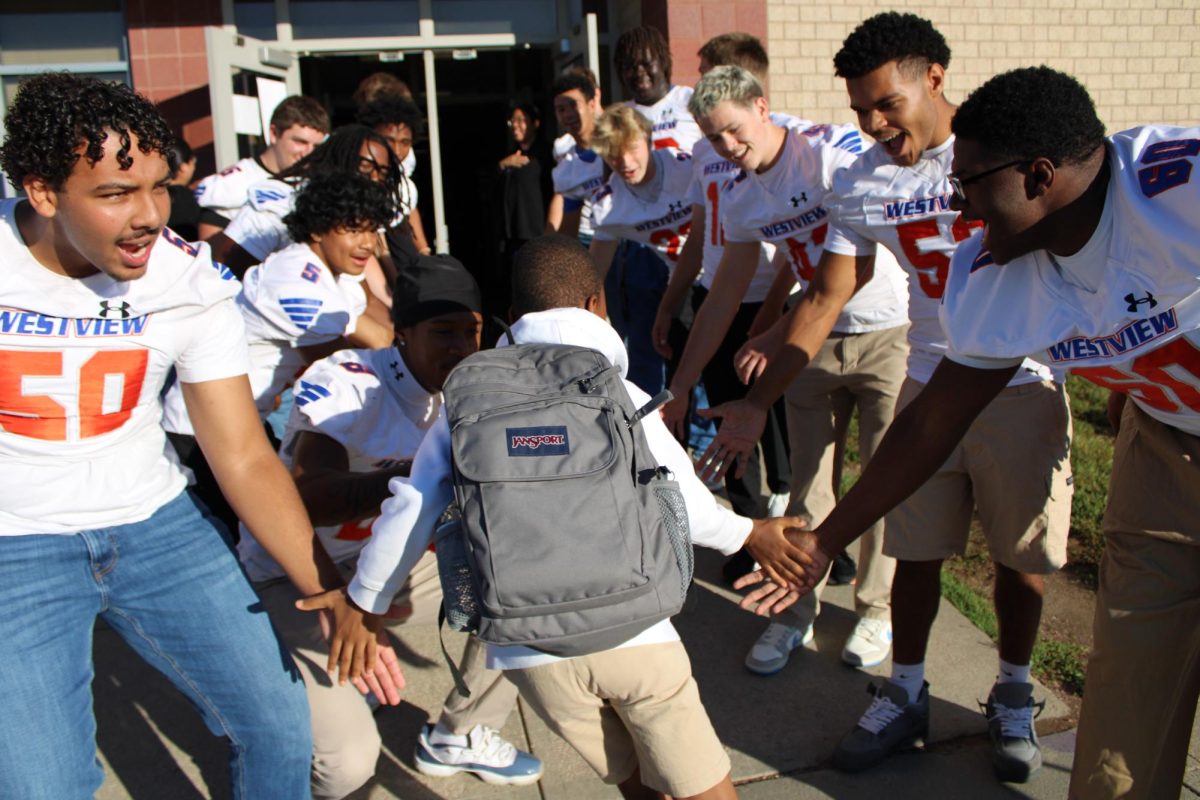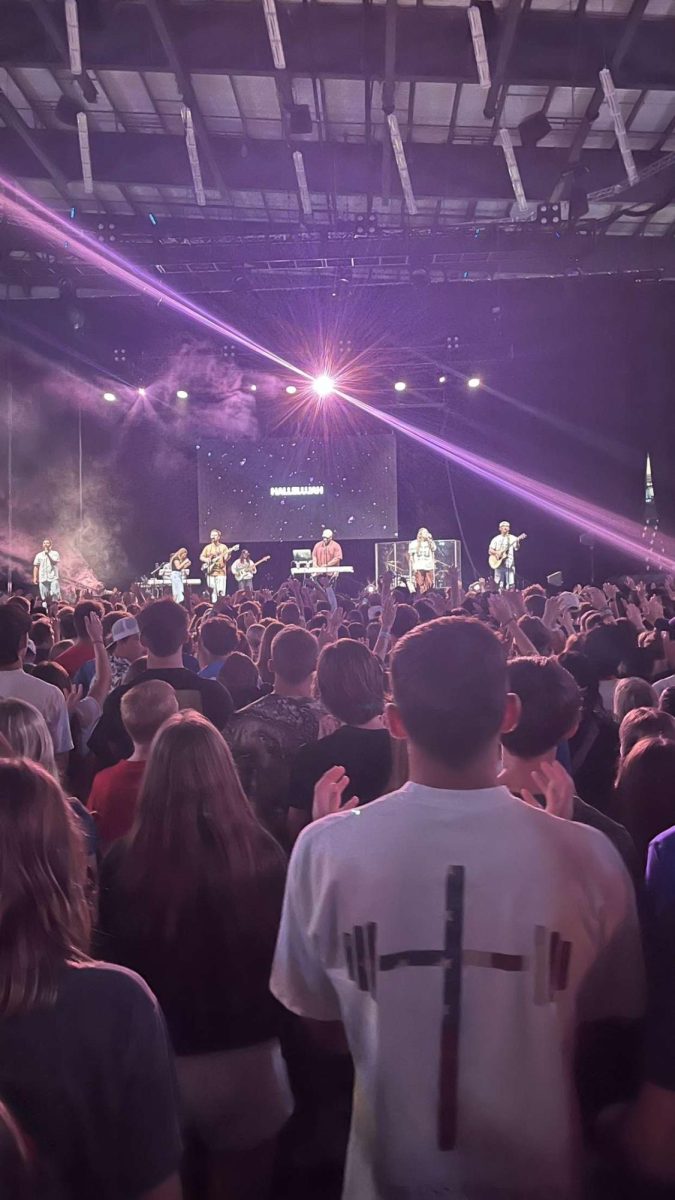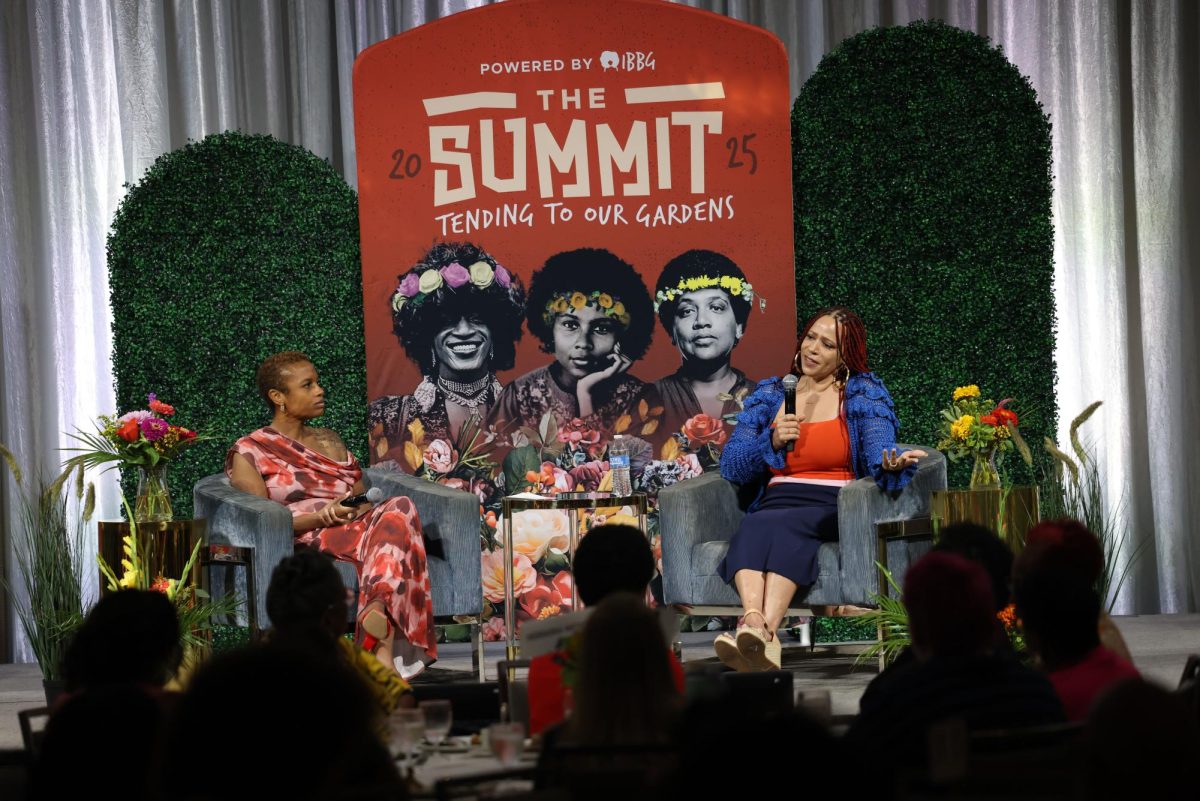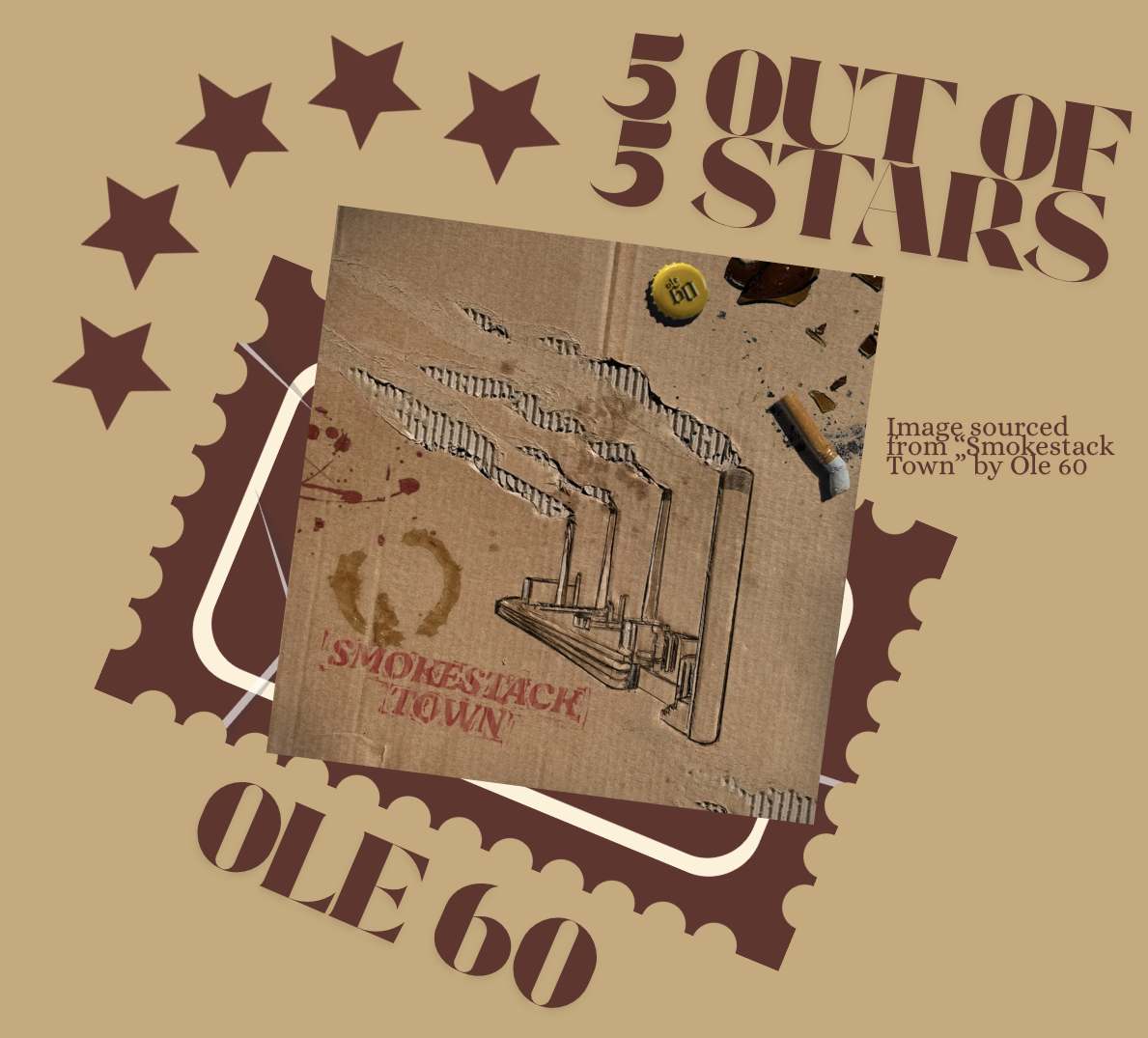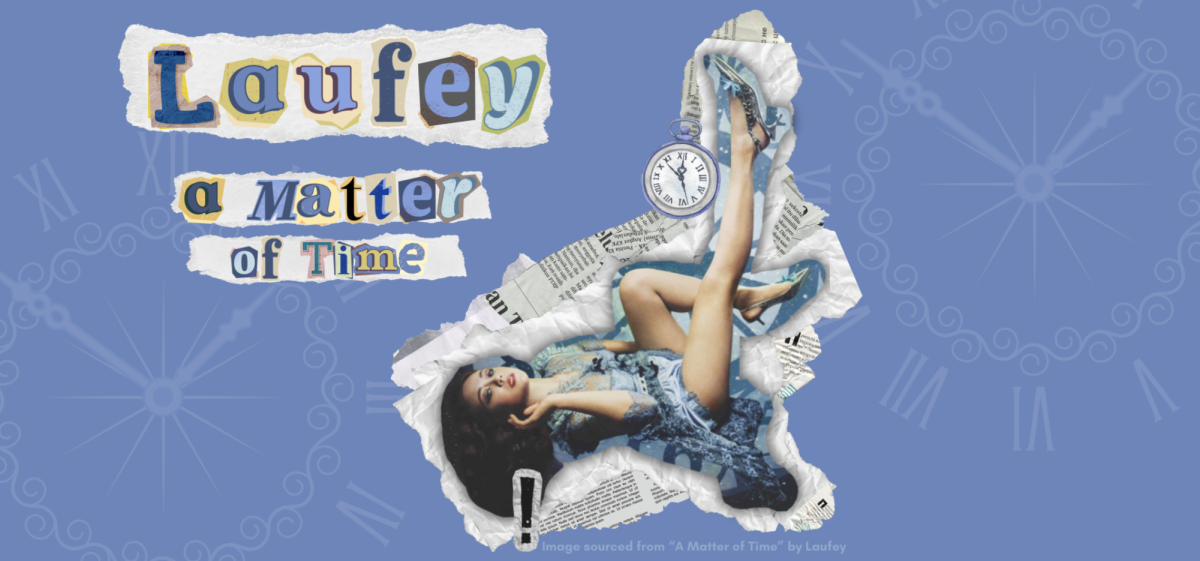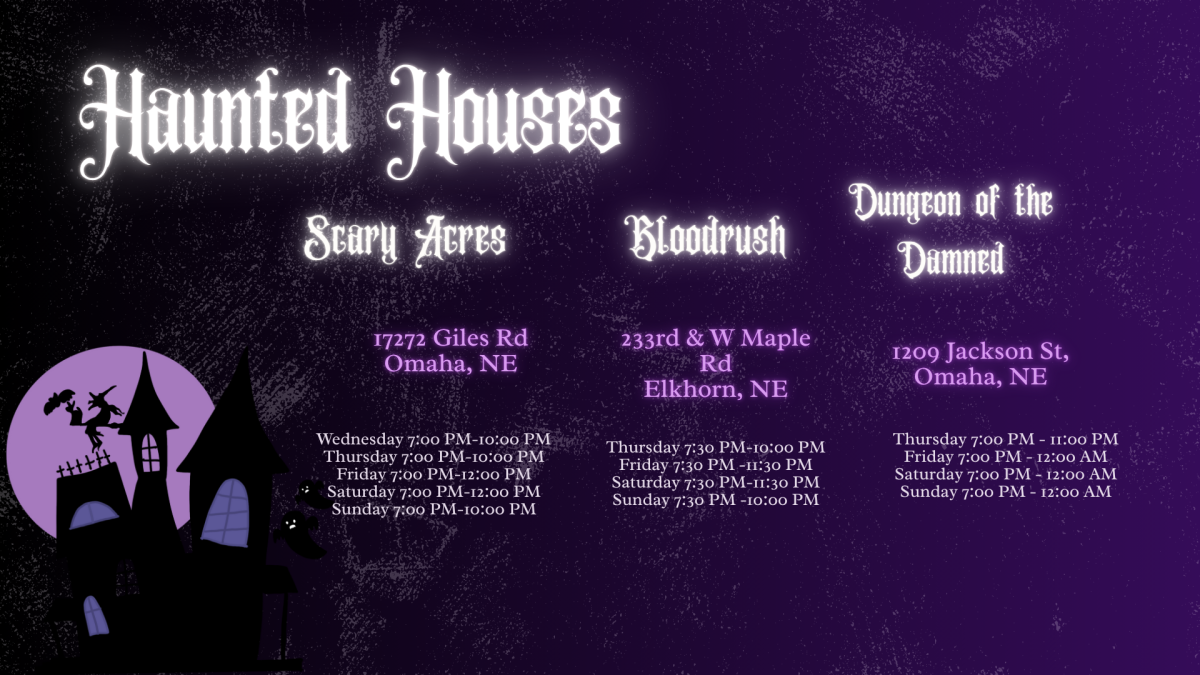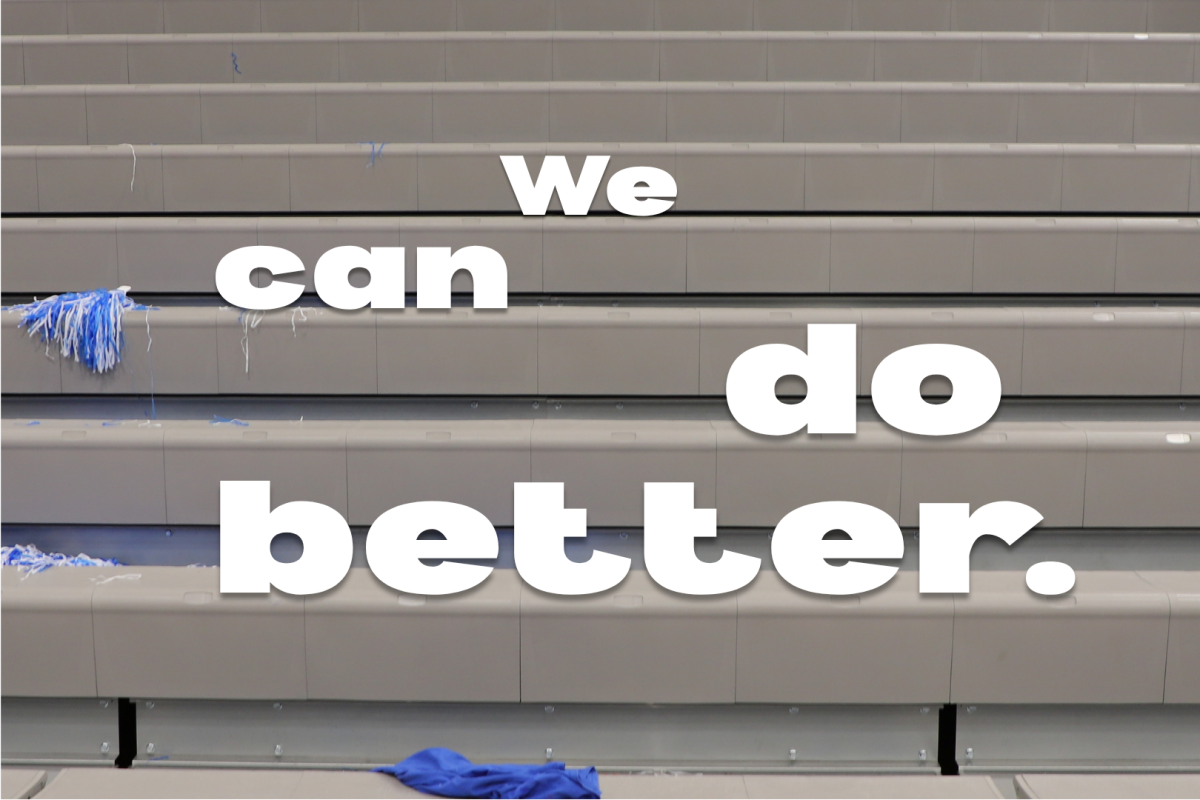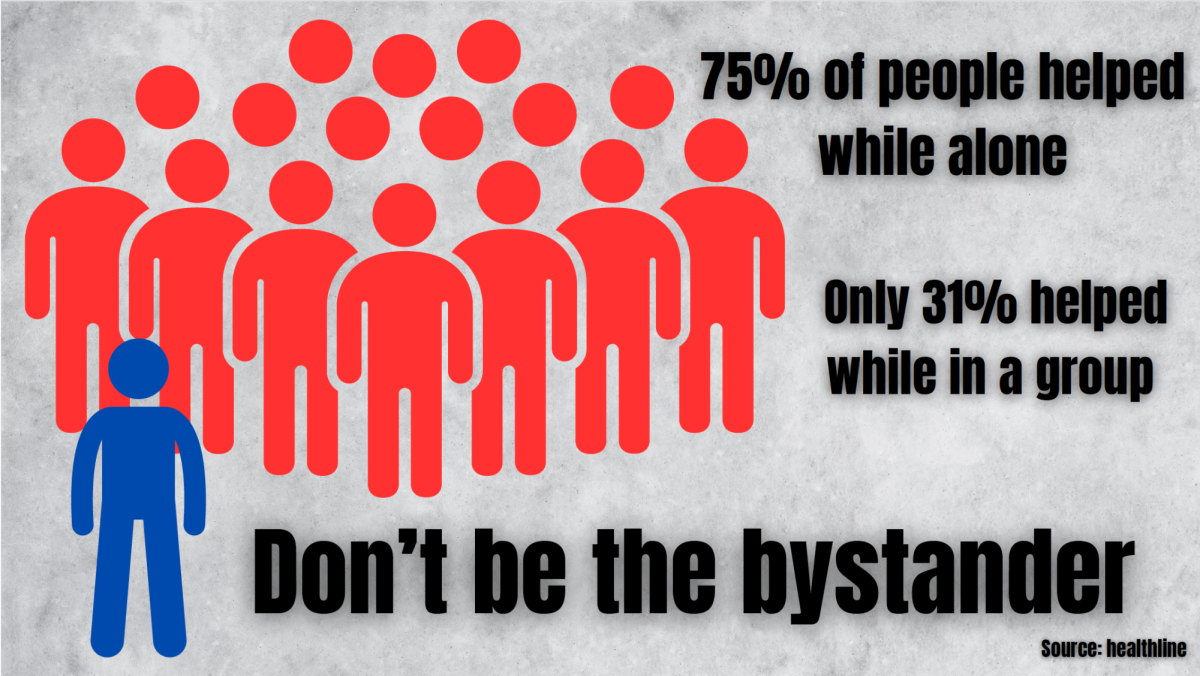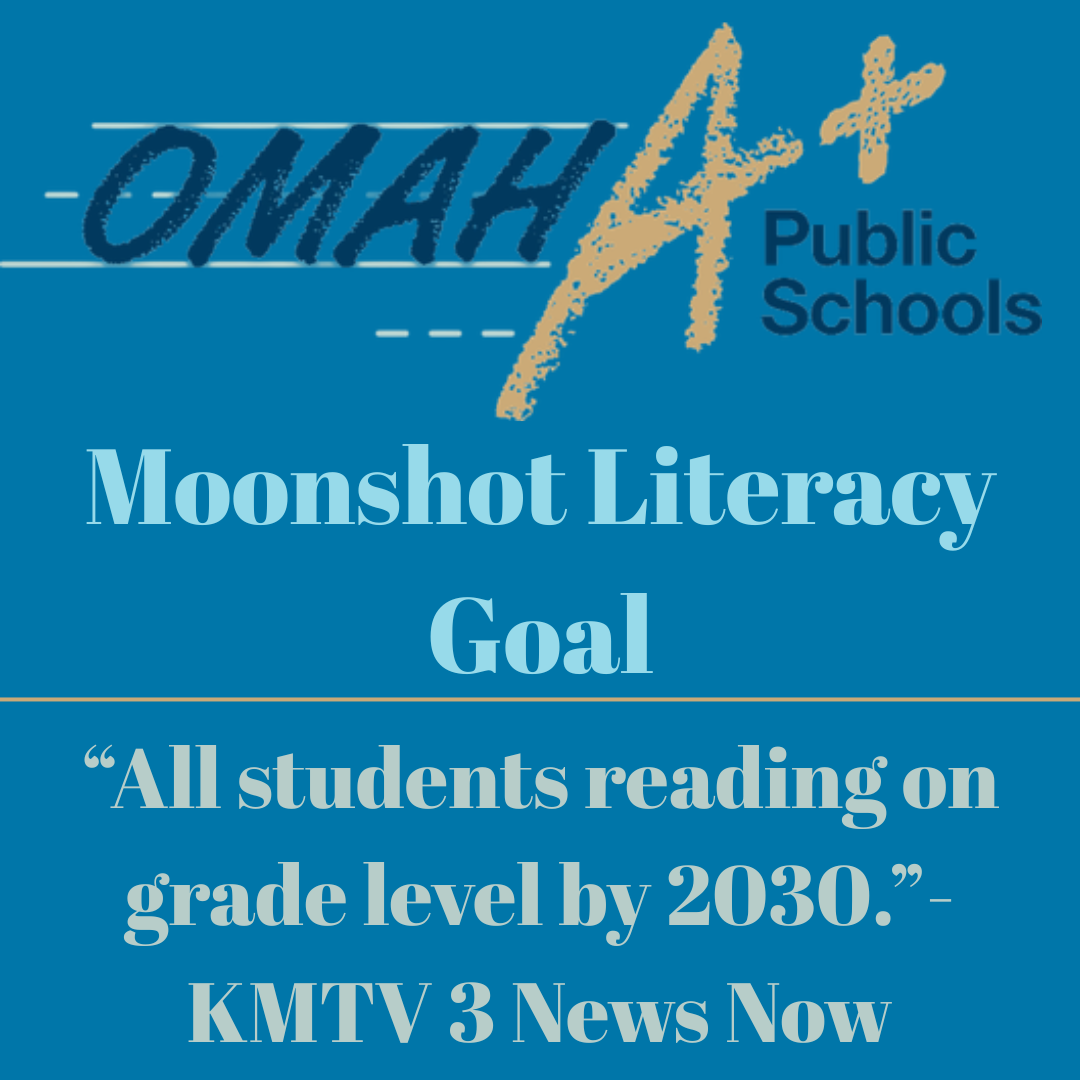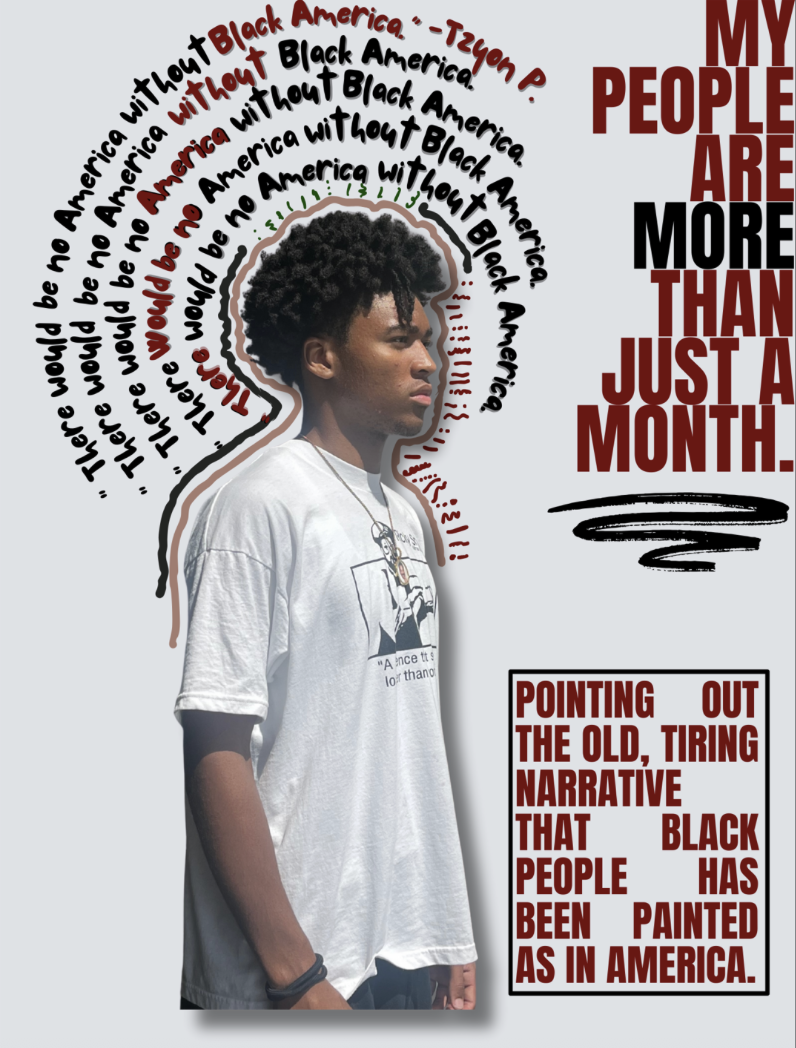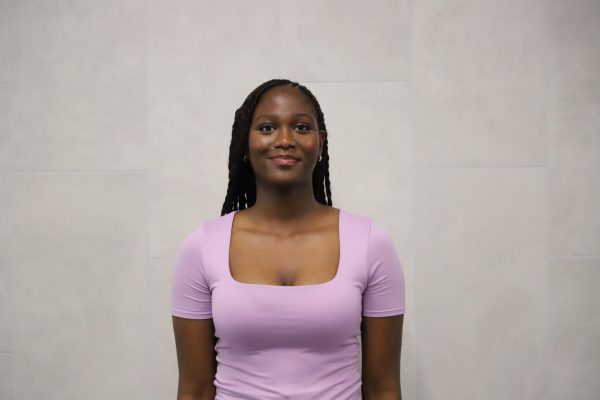When you put Ryan Coogler, Michael B. Jordan, and Ludwig Goranson in the same production, you are guaranteed a banger. While the combination seems odd, it’s happened five times already. The most recent iteration of this – “Sinners” has put them in league with the greats.
“Sinners” premiered on April 3, directed by Ryan Coogler, with the score done by Ludwig Goranson, and Michael B. Jordan as the face of the movie. It was marketed as a vampire horror film, but more than that, “Sinners” is a spiritual experience.
The writing, score, and acting combine the cultural essence of the Black diaspora and a few other cultures to create something truly unique. Each element is executed to perfection and are cohesive to each other, elevating the film in a way that only Ryan Coogler can.
The film takes place in the Mississippi Delta over the course of a day. Yet the world-building makes us feel like we’ve been a part of this world for years. Michael B. Jordan delivers an impeccably persuasive performance as the Smokestack twins, clearly defining that the two are separate entities.
Michael B. Jordan isn’t the only powerhouse actor on this cast. The lesser-known actors like Miles Caton and Wunmi Mosaku deliver just as compelling of a performance. Twenty-year-old Caton, who plays Sammy “Preacher Boy,” made his acting debut on Sinners. The musical prodigy, along with Moskau, who plays “Annie,” are at the heart of this movie.
Caton’s musical performance brings soulfulness to the film and easily constitutes the most riveting scene of the movie. Mosaku, however, brings a sensual, feminine, yet guiding element to the story. Though Hailee Steinfeld, who plays “Mary,” was heavily marketed for the film, Caton and Mosaku’s performances are more integral to the story.
Mosakus’ casting as Annie especially shows that Coogler is willing to represent us as we are. It’s rare to see a larger, dark skin, Black woman on the screen. It’s even more rare to see one as a love interest. Though some viewers have tried to push her into the “mammy” stereotype or dismiss her completely, she simply shines too bright in this role to be simplified into such categories.
I applaud Coogler for not trying to appeal to the stereotypes of when and how Black women are lovable. Time and time again, we see dark-skinned women cast aside and deemed unlovable, but Coogler makes it clear that she is not only loved but revered.
Caton, however, shines through the music, and that is thanks to none other than Ludwig Goransson. If you are familiar with Coogler’s work, then you are nearly guaranteed to have heard Goransson’s work.
We have him to thank for the both the Black Panther, Creed, and Oppenheimer scores. Gorranson has a unique skill for synthesizing different cultural sounds into one. The song “I Lied To You” sung by Caton is a prime example of this. The song gives us the most beautiful scene but is the catalyst on which we descend into the horror plot.
People as a whole have always told their stories through music, and Ludwig uses it to put us through a whirlwind of emotions. Still he isn’t just telling the story of the Black diaspora. He brings in the story of another group with a similar experience – The Irish.
The main antagonist Remmick played by Jack O’Connell is a vampire of Irish decent, and upon hearing Preacher Boy sing, he tries to mimic the same talent in “Rocky Road to Dublin” – an Irish folk song about the oppression the Irish faced at the hands of the British. Though unexpected in a track full of Southern Blues, it fits right in.
Not only does it fit in, but it adds an unsettling tone. The song itself is upbeat, but Remmick’s attempt to replicate Preacher Boys talent something that can’t be done by the dead. Instead of the soulful scene that “Preacher Boy” gives us it feels hollow.
At the beginning of the film, Annie tells us a story about Filidh (Irish), Firekeepers (Native American), and Griots (West African)- mythical people who through music and storytelling could heal their communities and pierce the veil between generations. In the film, Preacher Boy is one of these people, but in life Ryan Coogler does this for us.
His talent for storytelling has had an immeasurable impact on the Black community. To put it into perspective for you, being African in wasn’t cool before Coogler made Black Panther. As crazy as it sounds, Coogler is one of few Black directors who represents us in fictional stories and does so authentically.
Watching Coogler’s work is a healing experience – when we see Black faces regardless of skin tone, when we hear Black music from across the diaspora, and most of all when Black stories are written with deep understanding and authenticity, it redefines our self image.
It’s no wonder as a community we consistently show up to support Coogler.
We know we can trust him to tell our story.
